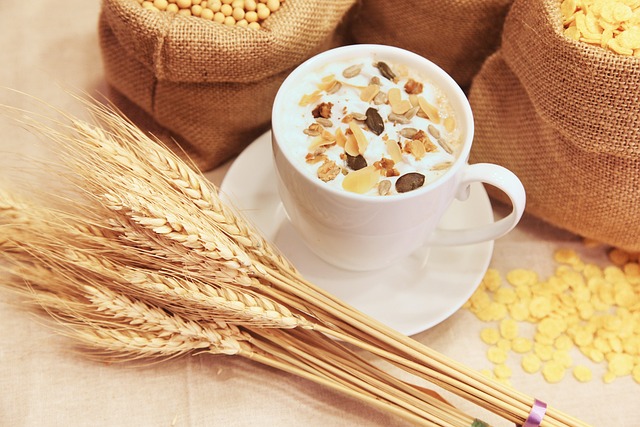From Belly Bugs to Superheroes: Exploring the Marvels of Probiotics
Probiotics have taken the health and wellness industry by storm in recent years. These tiny, live microorganisms have been credited with numerous health benefits, ranging from improved digestion to enhanced immune function. But what exactly are probiotics, and how do they work their magic in our bodies? Let’s dive into the world of these belly bugs turned superheroes and explore their marvels.
What are Probiotics?
Probiotics are live bacteria and yeasts that are good for your health, especially your digestive system. These beneficial microorganisms can be found naturally in certain foods or taken as supplements. While bacteria are often associated with illnesses, it’s important to note that not all bacteria are harmful. Probiotics, also known as “friendly bacteria” or “good bacteria,” are essential for maintaining a healthy balance in your gut.
The Gut Microbiome: A Balancing Act
Our gut is home to trillions of microorganisms, including both good and bad bacteria. The delicate balance between these microorganisms plays a vital role in our overall health. When this balance is disrupted, it can lead to various health issues, such as digestive problems, allergies, and weakened immune function.
Probiotics help maintain this delicate balance by crowding out harmful bacteria and promoting the growth of beneficial bacteria. They act as the superheroes of our gut microbiome, ensuring that the good guys outnumber the bad guys.
The Health Benefits of Probiotics
The potential health benefits of probiotics are vast and continue to be explored by researchers. Some of the key benefits backed by scientific evidence include:
- Improved Digestive Health: Probiotics can help alleviate symptoms of digestive disorders such as irritable bowel syndrome (IBS), inflammatory bowel disease (IBD), and diarrhea.
- Boosted Immune System: By enhancing the gut microbiome, probiotics strengthen the body’s natural defenses and reduce the risk of infections, allergies, and autoimmune diseases.
- Enhanced Mental Health: Studies have suggested a link between gut health and mental well-being. Probiotics may play a role in reducing symptoms of anxiety, depression, and stress.
- Support for Weight Management: Certain strains of probiotics have been associated with weight loss and the prevention of obesity.
- Healthier Skin: Probiotics may help improve various skin conditions, including eczema, acne, and rosacea.
Sources of Probiotics
Probiotics can be obtained through both natural food sources and supplements. Some of the most common sources of probiotics include:
- Yogurt: Yogurt is one of the most well-known natural sources of probiotics. Look for yogurt labeled as containing live or active cultures.
- Kefir: Similar to yogurt, kefir is a fermented drink that contains high levels of live bacteria and yeast.
- Sauerkraut: Sauerkraut is fermented cabbage and is a good source of probiotics. Opt for unpasteurized sauerkraut for maximum benefit.
- Miso Soup: Miso is a traditional Japanese seasoning made from fermented soybeans. It is commonly used to make miso soup.
- Kimchi: Kimchi is a spicy Korean staple made from fermented vegetables, including cabbage and radishes.
While incorporating probiotic-rich foods into your diet is beneficial, supplements can provide a more concentrated and targeted dose of probiotics. Consult with a healthcare professional to determine the best probiotic supplement for your specific needs.
Conclusion
Probiotics are not just a passing health trend – they have a substantial impact on our overall well-being. From supporting digestive health and strengthening the immune system to improving mental health and promoting healthier skin, these tiny belly bugs turned superheroes have a wide range of benefits. Whether you choose to incorporate probiotic-rich foods or opt for supplements, harnessing the power of probiotics can help you achieve optimal health and vitality.







